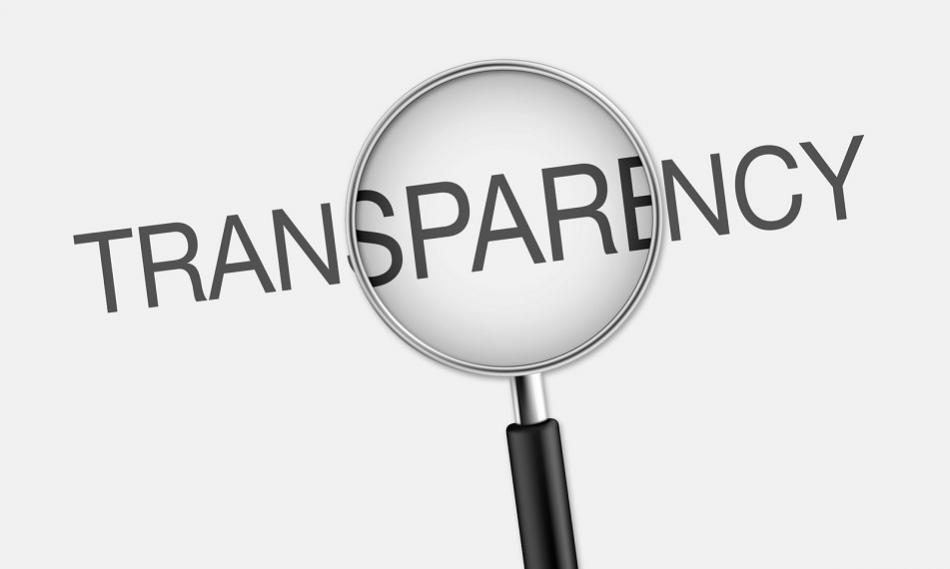Heating appliances will soon be emerging from hibernation as cooler weather sets in, particularly with many of us working from home this winter.
If you are using a gas heater, our colleagues at Building and Energy have issued a timely warning about the dangers of exposure to carbon monoxide, which can leak from faulty, poorly maintained or misused gas appliances.
Carbon monoxide is known as the ‘silent killer’ because it is an invisible, odourless, tasteless and poisonous gas. A Federal Government report estimates that one death and more than 20 injuries each year are caused by carbon monoxide poisoning from gas appliances in Australia.
You should seek medical help immediately if you notice signs of exposure, which can range from flu-like symptoms (such as headaches, weakness, fatigue and nausea) to seizures, collapse and even death.
Gas appliances should be tested and serviced by a licensed gas fitter or service agent at least every two years, or annually if it is more than 10 years old. Signs that a gas appliance is faulty or in need of a service include difficulty relighting, discolouration of the outer case or a yellow flame rather than a steady blue flame.
Before using your gas heater for the first time this season, check that the air filters, airways, fans or burners are not blocked by lint and dust from storage. This can cause overheating and burner problems that produce carbon monoxide.
Appropriate ventilation is also vital, so check that the room has a good airflow and that vents and flues are not obstructed. Avoid using kitchen rangehoods or exhaust fans at the same time as your gas heater as the pressure effects can draw carbon monoxide into living spaces.
Never use outdoor appliances, such as patio heaters, inside the house. It’s also important to know which type of gas heater you have, as open-flued or flueless models have particular ventilation requirements.
You should also check if your open-flued gas heater is part of a national safety alert due to potential carbon monoxide risks. Owners of the following models should stop using them immediately and contact the supplier: Regency i31 (January 2010 onwards); Regency/Masport F38 and FG38 (natural gas models only); Nectre 2000 (2007 onwards) and Real Flame Pyrotech (2012 onwards).
For more gas safety and carbon monoxide information, visit dmirs.wa.gov.au/building-and-energy







